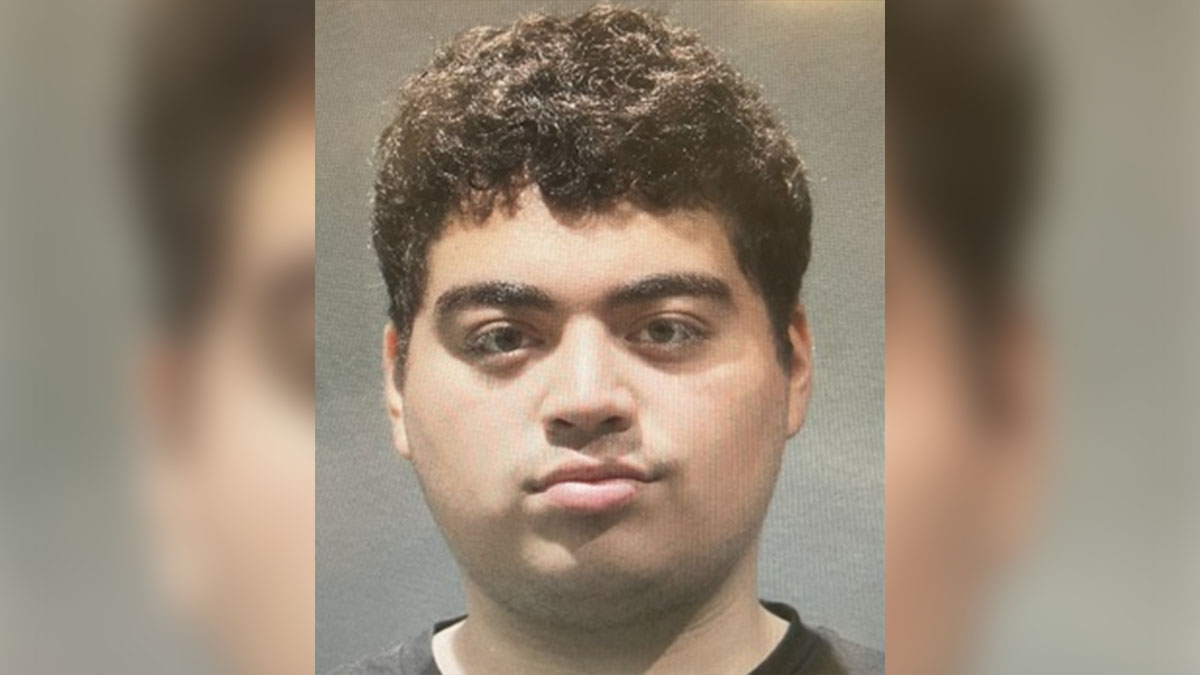Tom Lofgren and David Kitchen have each been writing songs for decades. While based in the D.C. area, they don't consider themselves political songwriters.
And while the two are friends and have collaborated with each other over the years, neither knew the other was struggling with the same angst. Reading the same news accounts and feeling a need to do something.
Images of children being ripped from their crying mother's arms, fears of a government that might come for one of your neighbors, chants of "lock her up" and a groundswell of white nationalism. These moments that have been dominating headlines are also the themes of songs penned by the two local singer-songwriters. Two men who have been so moved by current events, they've departed from their traditional songwriting fare and have joined the ranks of Able Meeropol, Woody Guthrie, Marvin Gaye and Chuck D, giving song to protest.
Kitchen has written about 100 songs over the past 40 plus years, many created in his Alexandria home. At 58-years-old, Kitchen is part of the Americana/Roots music movement. Kitchen's songs are also heavily influenced by The Beatles, he likes his songs to be "relatable and catchy."
"I grew up in a very religious home," Kitchen recalls. "The music was always uplifting."
Lofgren grew up in a family of musicians and like Kitchen has also written about 100 songs.
"I write pop songs," the 65-year-old says from his home in Winchester, Virginia.
With about 200 songs between them, both Lofgren and Kitchen had the same answer when asked how many of those songs they'd each written over the past four decades had been protest songs.
"Two," Lofgren says with a regretful laugh as if to say he wishes he hadn't felt the need to write any.
Local
Washington, D.C., Maryland and Virginia local news, events and information
"Two, I'm not really a protest song writer," Kitchen replied.
Despite having gone their entire lives without putting their political views to song, Lofgren and Kitchen both felt compelled to put melodies to protest in reaction to policies of the Trump Administration.
For Kitchen, it was seeing the images of the separation of families in the name of immigration enforcement that moved him.
"I felt powerless like many and I wanted to lend a voice to the resistance." Kitchen says of "Border Song." "I don't know how it couldn't affect you, it's heartbreaking in so many ways. As a parent it affected me to my core."
Kitchen knows all too well the pain a parent feels being torn from their child. Three years ago, Kitchen’s son died at 28 due to complications of his lifetime struggle with Cerebral Palsy.
"He was a beautiful boy," Kitchen says of his son. "I drew upon that loss in me and until that point I hadn't expressed it in music as a songwriter. It's a terrible thing to lose a child."
In "Border Song," Kitchen walks the steps of a mother and her young child seeking a better life in the United States only to be caught illegally crossing the border. Unlike the spiritual songs of his upbringing, Kitchen's "Border Song" is purposefully not uplifting.
"I could feel the music was moving to a sad theme even before I had the words," Kitchen says. "I wanted to convey that sadness without having the lyrics in front of you. I wanted it to be obvious."
"I did not foresee this happening
They tear you from my arms
I scream and then you're gone
There's no peace in this place
There is no warm embrace
Just the sadness of a thousand mothers"
"Border Song" is without doubt a protest song, but a protest without finger pointing.
"I chose to write from view point of mothers. I didn't want to get into blame, I wanted to be even-handed" Kitchen says. "I just focused on the separation. There's a lot of blame to lay at this administration, it's just awful. But I wanted it to affect people in a different way."
Kitchen's second protest song, "Big Phony," is more of a direct indictment of Trump.
"He got his instructions
Straight from the Russians
Oh, yeah"
For Lofgren, it was seeing the crowds at Trump's rallies that most recently inspired him.
"I don't know how many times I heard that chant, 'Lock her up, lock her up'" Lofgren says of the rallying cry to prosecute Hillary Clinton. "I just wanted to write a folk protest song."
"Lock Him Up" came to Lofgren as he sat in his kitchen watching the evening news. "I tried to mix some of what I was witnessing into a set of verses."
"Their fealty to power fed by greed
You senators and congressmen who still won't heed the call
Had better stand up soon before you fall
The greatest sins of all may not be against the law like the vanities of bigotry and hate"
While "Lock Him Up" sounds like it was ripped from today's political debates about impeachment and race baiting, it was written almost a year ago.
"It holds up, doesn't it?" Lofgren says with a sense of regret. "As a songwriter I feel good about that particular lyric. But as a citizen I wish I had been proven false."
"Lock Him Up" is a stripped down folk song, just Lofgren on guitar, harmonica and vocals, in the vein of Bob Dylan and Woody Gutherie. Lofgren points to the one line that's a direct homage to Dylan's "The Times They Are A-Changin."
"Come senators, congressmen
Please heed the call"
But Lofgren's second protest song, "So Called President," is a more polished rocker that he co-penned 3 years ago with 23-year-old Mike Fraizer, who Lofgren describes as "more of a political and social commentator."
The song laments the attacks on free speech and what Lofgren sees as Trump's encouragement of white nationalism.
"He's shutting down the press, he spins a web of lies
He's letting all his people know their dreams have all come alive
Now he's coming for me"
"I'm frightened by it," Lofgren says, "but I'm hopeful the course will be reversed."
Kitchen plays "Border Song" in public from time to time, depending on the venues.
"It's better received in listening rooms where people pay attention to lyrics, than in bars," he says.
As for Lofgren, he's reluctant to play his protest songs in his home of Winchester, which only narrowly voted for Clinton over Trump.
"I'd think twice about playing it at an open mic here," Lofgren says. "I'm not fearful of retribution, but there's enough rubbing in the faces going on. I don't want to force my views on my neighbors."
In the end, what these two craftsmen have done is what great songwriters have done for generations: chronicled the times we live in and given us all something to think about.



